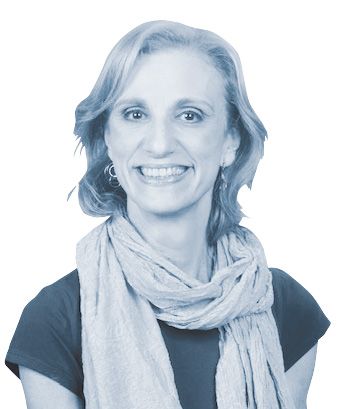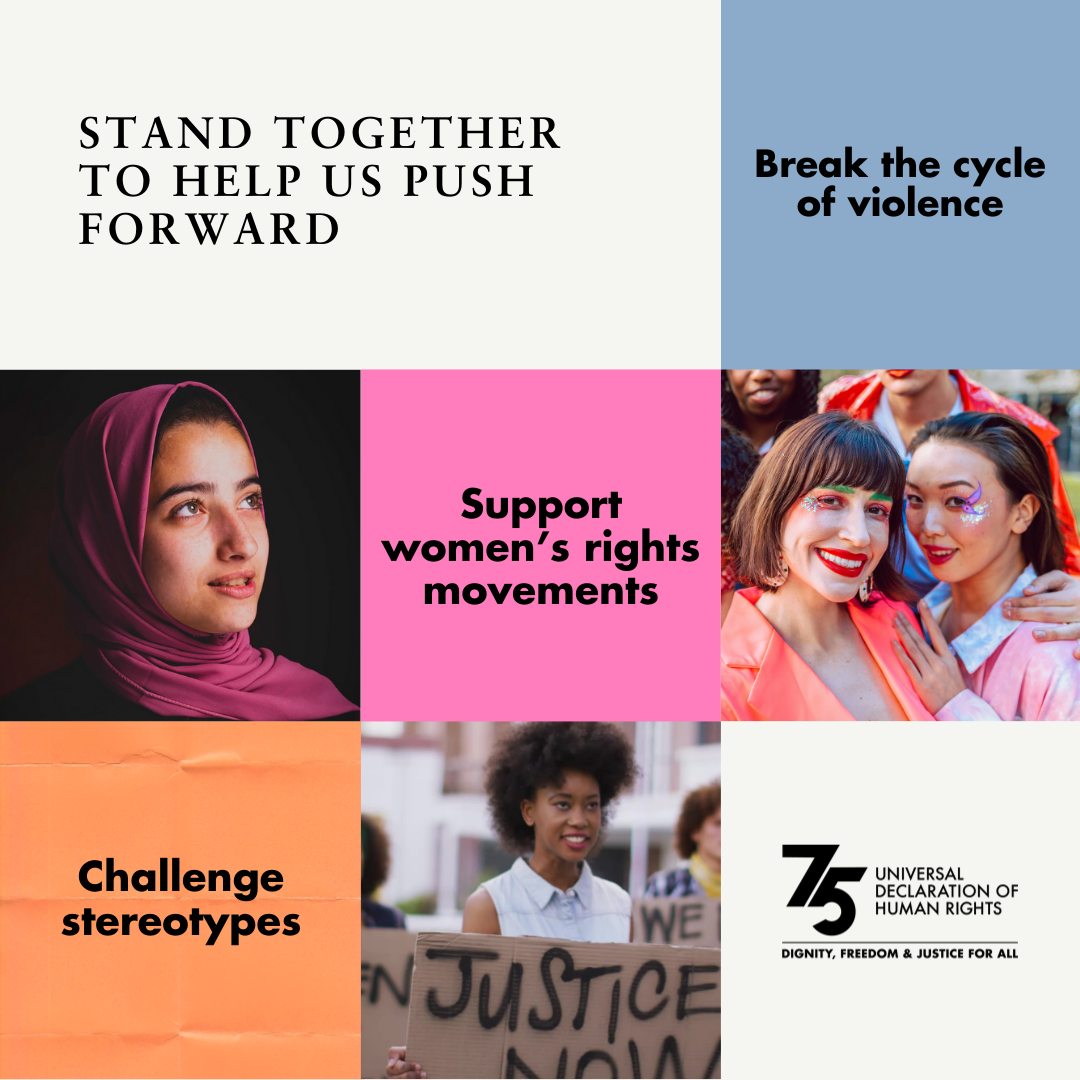 María José Marco
María José Marco
Seventy-five years have passed since that dream of freedom, justice and peace for all humanity that Eleanor Roosevelt, Pen-Chun Chang and Charles Malik had, and which later gave rise to the International Bill of Human Rights, this continues to be a common ideal, which, despite the achievements, remains far from being achieved.
The Universal Declaration of Human Rights, adopted by the General Assembly of the United Nations, on December 10, 1948, "as a common standard of conduct for all peoples and nations", continues to be the inspiration and basis of all international human rights law, and its universal principles of freedom, dignity, equality, justice and the common good continue to inspire many struggles, with uneven results, for the defense and protection of the rights of all. people.
Evolution and involutions in the field of human rights, which, in the words of the United Nations High Commissioner for Human Rights, Volker Turk, place us today facing "a worrying setback in the reduction of rights abuses, especially in "regarding gender issues, repression and silencing of dissent."
Beyond this first assessment of the recently appointed High Commissioner, the panorama of human rights in the world is disturbing, as it faces the overcoming of three transformative events that have a direct impact on human rights: the effects of the pandemic , which has a special impact on the vulnerability of so many sectors of society or the inequality in access to vaccines to guarantee the right to health; the impact of climate change, as it is leading to an increase in natural disasters, which once again affects the most impoverished people on the planet; and the war in the heart of Europe, with global and devastating effects that are already being felt in our most immediate surroundings.
All of this, without forgetting the inequalities and constant violations of the most essential rights that the African continent continues to suffer, the regression of basic freedoms that Latin America suffers, with constant attacks on judicial independence, freedom of the press and to civil society, or the numerous war conflicts, which sometimes seem forgotten by the international community, but which continue to cause deaths, involuntary migrations, pain and desolation, to millions of people around the world.

We speak, in short, of the absence of rights that are often incompatible with life, or at least, with a dignified life related to fundamental rights, such as access to education, employment, housing, food, water and sanitation, but also the right of all people to be heard, because these basic rights can only be protected and respected if they are known and claimed.
Faced with this common task of reversing the loss of human rights, there is no room for lukewarmness or discouragement; it is time to do something, to contribute each person, according to their position and circumstances, to alleviating human suffering in all its forms, while trying to contribute to building a better world.
The Universal Declaration of Human Rights, the 2030 Agenda and the Paris Agreement They must continue to be the compass and the master plans to follow, with a clear objective, to achieve free, more just and egalitarian societies.
But it is the responsibility of everyone: Administrations, public and private entities and civil society, to protect and promote the human rights that constitute the basis of our shared humanity.
From Fundación por la Justicia, we join the motto "Dignity, freedom and justice for all" who presides over the year-long campaign to promote and recognize the 75th anniversary of the Universal Declaration of Human Rights with the commitment to continue working and joining forces and will in favor of Human Rights and Social Justice.
Grandstand in the Levante EMV
Review of the Levante EMV